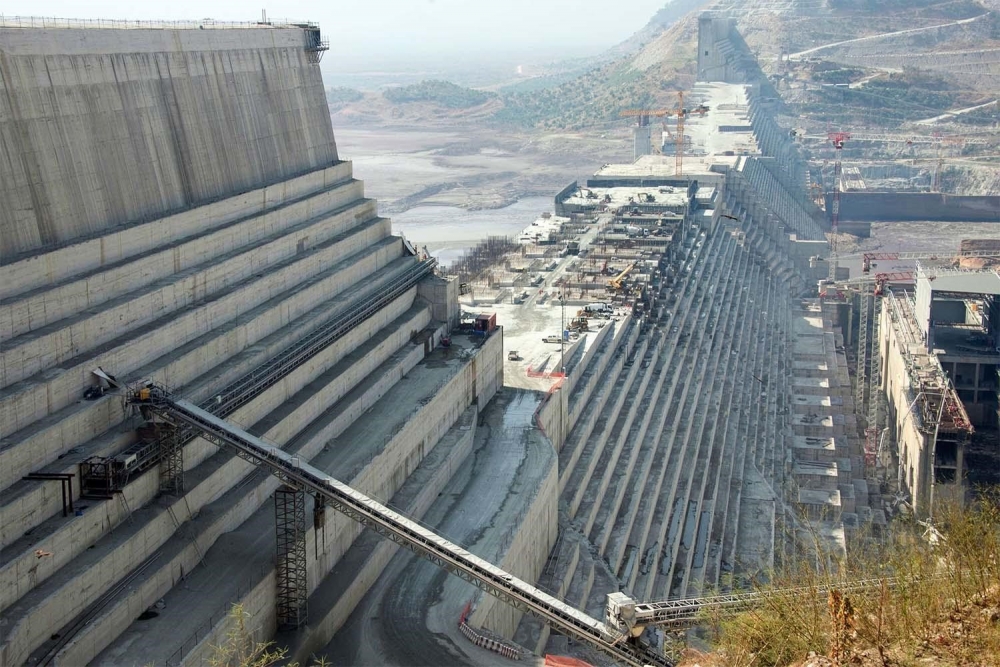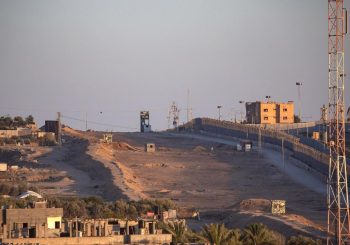Egypt’s Prime Minister Mostafa Madbouly delivered a speech on Thursday during the United Nation’s General Assembly’s high-level meeting on water, where he underscored the criticality of the decade-long dispute over the Grand Ethiopian Renaissance Dam (GERD) and Egypt’s concern with the developments of the dispute.
Madbouly emphasized that the dispute is not merely an environmental matter, nor a legal issue concerning the governing of waters, but that “it is related to the survival of the Egyptian people for generations to come.”
He went on to add that Egypt is concerned about the recent developments regarding Ethiopia’s unilateral actions concerning the GERD, as a full decade has been spent in painstaking negotiations with Ethiopia in order to reach a fair agreement that achieves Ethiopia’s development objectives, while at the same time limits the damage that could happen to other countries in the region such as Egypt and Sudan.
Madbouly also iterated during his speech that he feels regret that these negotiations did not reach a conclusive agreement, and that the past years saw Ethiopia taking unilateral measures without taking into account the rights and interests of other countries, which is evidenced in the fact that Ethiopia began filling the Renaissance Dam last year.
He added that countries should return to negotiations mediated by the African Union and engage with the international community to reach a legally binding solution, which would ensure that all countries achieve their best interests and reduce tensions.
Madbouly’s speech to the United Nations came after Ethiopia announced it would commence the second filling of the GERD regardless of any deal being reached to solve the dispute.
Earlier this month, President Abdel Fattah Al Sisi met with Sudanese officials in Khartoum and announced plans to ‘relaunch the path of negotiations’ and involve an ‘international quartet’ of mediators comprising the African Union, United States, European Union and United Nations.
A few days earlier, Egypt and Sudan signed a military cooperation agreement amid renewed tensions between the North African countries and Ethiopia over the latter’s plans to go ahead with the second phase of filling the Grand Ethiopian Renaissance Dam (GERD) across the Nile River.
Historically, Egypt has enjoyed a considerable share of the Nile’s water due to the 1902 and 1929 colonial-era agreements implemented by the British, as well as a 1959 post-independence bilateral agreement between Egypt and Sudan. These agreements allocated Egypt 55.5 billion cubic meters water and Sudan 18.5 billion cubic metres.






Comments (2)
[…] Egypt ‘Concerned’ About GERD Nile Crisis, Urges International Action […]
[…] Egypt ‘Concerned’ About GERD Nile Crisis, Urges International Action […]